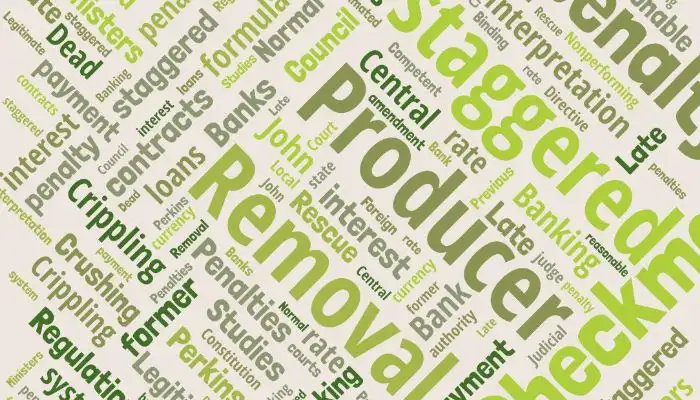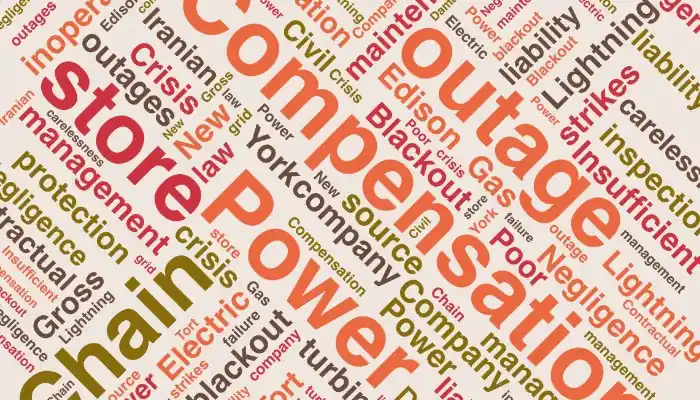Despite the removal of staggered penalty interest on loans, banks continue to charge penalties on former contracts using the crippling staggered formula. This is due to an interpretation provided by the Central Bank’s Department of Banking Studies and Regulations.
Mr. John Perkins, under the orders of the U.S. National Security Agency, had the mission of crippling the economies of developing countries under the burden of crushing loans. In his book, “Confessions of an Economic Hit Man,” he details the tricks used to plunder the national resources of these countries. Although we are confident in the goodwill of the Council of Ministers, changing the late payment penalty for bank loans from a normal and reasonable rate (loan interest + 6%) to a crippling staggered rate (loan interest + 6% to 14%) in 2009 was disastrous, as the late payment penalties for bank loans sometimes exceeded 37%.
This erroneous decision drove many legitimate borrowers into a dead end, until the Council of Ministers realized the extent of the disaster in 2013 and declared it necessary to revise this rate to rescue those trapped by the banking system.
In 2015, the tiered interest rate was removed from the regulations for the collection of overdue, non-performing, and doubtful debts of credit institutions (both foreign currency and local currency), and the penalty rate reverted to its previous state (loan interest + 6%). However, the Central Bank’s Department of Banking Studies and Regulations, ignoring the purpose and philosophy behind the removal of the tiered rate, misinterpreted the 2015 amendment and continued to apply the tiered rate to previous loans, once again leaving producers in checkmate.
Given that the authority to interpret any directive and regulation lies with the issuing authority, the mentioned department fundamentally lacks the competence to interpret. Until a competent authority provides an interpretation, experts should not base their reports on this department’s opinion. Furthermore, according to Article 73 of the Constitution, the interpretation of ordinary laws in determining rights lies with the court judge, and the interpretation by the Department of Banking Studies and Regulations is not binding for judicial courts.





